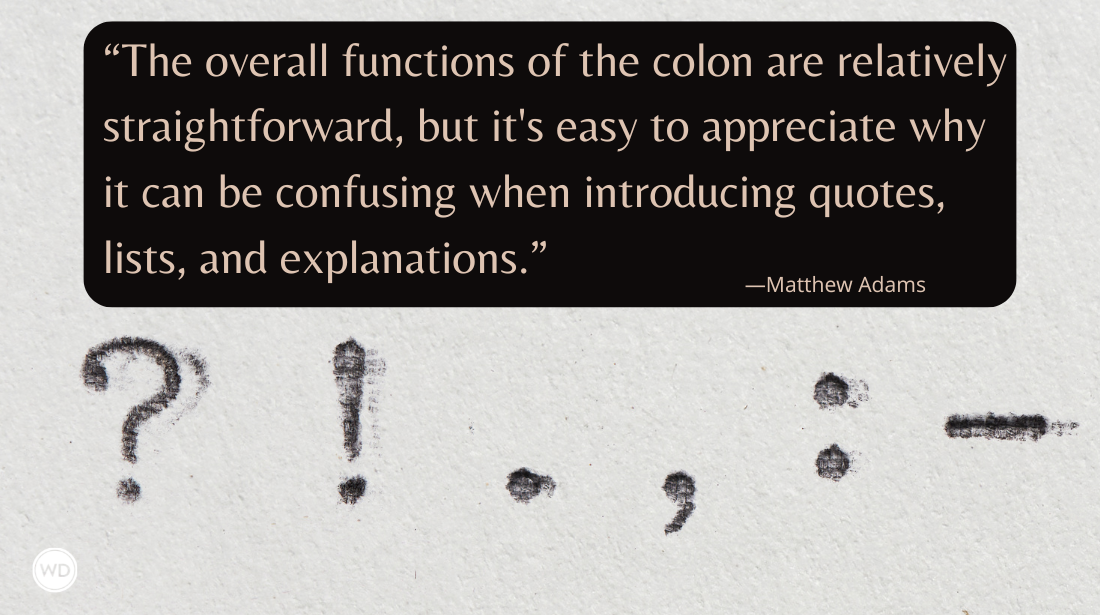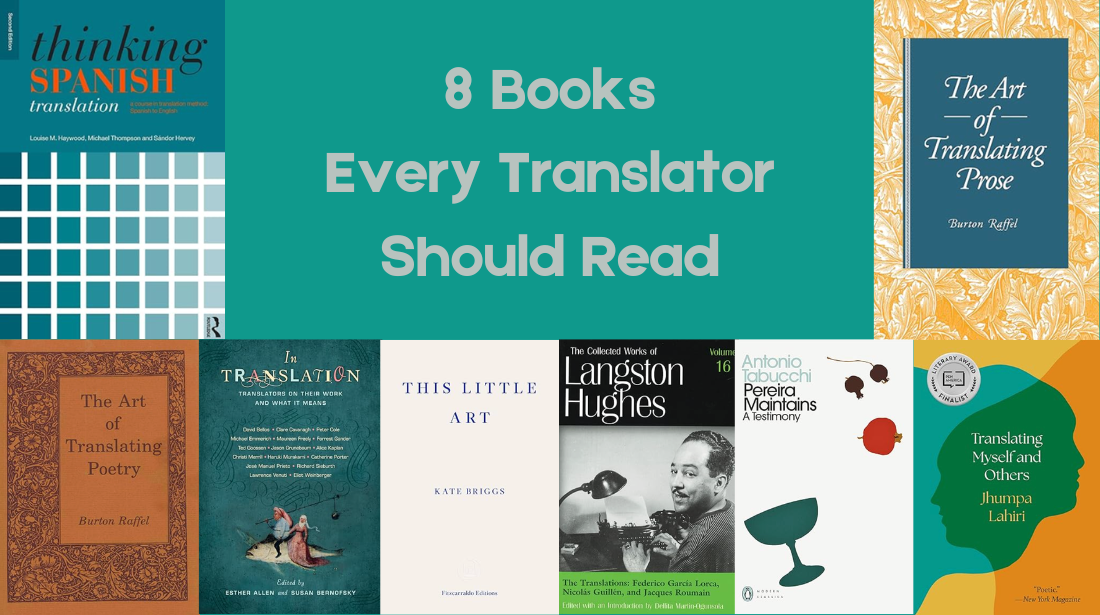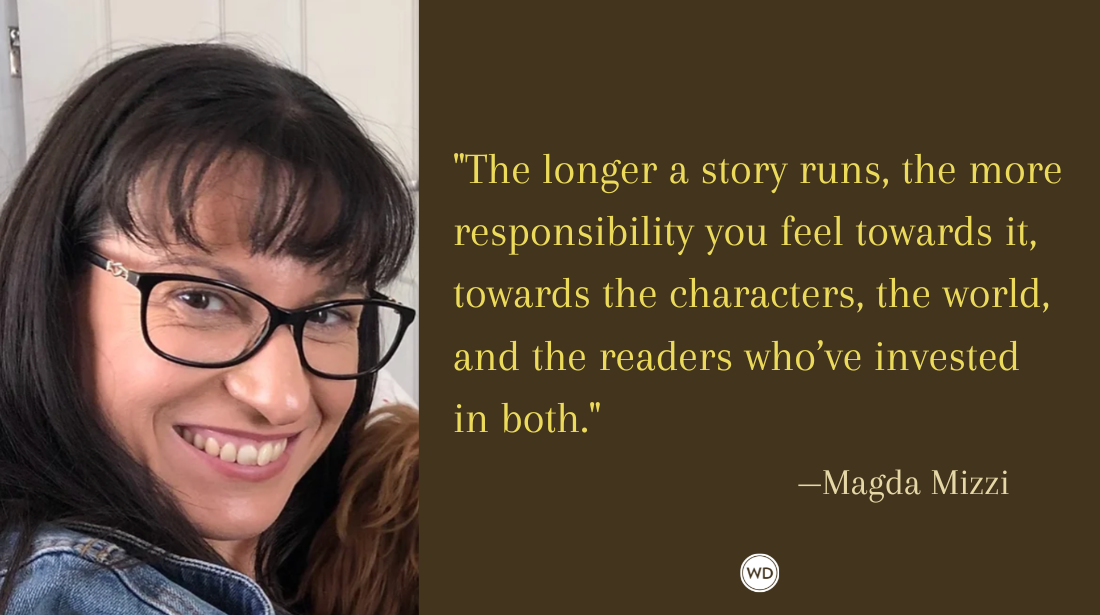E.C. Nevin: ‘Done’ Is Better than ‘Perfect’
In this interview, author E.C. Nevin discusses pulling back the curtain on publishing with her new crime novel, A Novel Murder.
E.C. Nevin is a pseudonym for an ex–publishing professional. E.C. worked for large trade publishers focusing on crime/thriller publishing and established brands. Follow her on X (Twitter), Instagram, and Bluesky.
In this interview, E.C. discusses pulling back the curtain on publishing with her new crime novel, A Novel Murder, the drama at crime fiction festivals that helped inspire the novel, and more.
Name: E.C. Nevin
Literary agent: Hannah Todd at Janklow & Nesbitt
Book title: A Novel Murder
Publisher: Knopf / PRH
Release date: June 17, 2025
Genre/category: Crime
Elevator pitch: When struggling author Jane Hepburn attends the Killer Lines Crime Fiction Festival, she expects to make contacts, make friends, and make sales. What she doesn’t expect is to discover the body of her own literary agent in the book tent and to be drawn into solving the murder …
What prompted you to write this book?
Before I was a writer, I was an editor of crime fiction, so I know both the genre and the world of publishing inside and out. I’ve been to a fair few crime fiction festivals, and there is always drama—someone gets too drunk, someone says something they shouldn’t. Not quite murder-level drama, but drama nonetheless. They are occasions where editors, readers, writers, agents, publicists, and more come together to talk books and drink a little too much, and so it seemed the perfect setting for a fun crime novel about the publishing industry.
How long did it take to go from idea to publication? And did the idea change during the process?
Every year I used to attend the biggest crime fiction festival in the U.K., and we would say “someone should write a crime novel set here!” So, I suppose the idea was a long time coming. But from when me and my agent discussed me writing it, and publishers reading the first chapters it wasn’t really very long at all. Under six months. We sold the book on a partial, meaning that it wasn’t completely finished when it was sold.
Then there was a long gap between signing the contract and publication—at least 18 months. I had to finish the book and edit it, of course, and then the publishers wanted a good time for run-up marketing. Publishing is a slow process! The base idea—a publishing industry cozy crime set at a fiction festival—stayed the same, but every detail of the plot changed. I try planning, but once I start writing the characters take on a life of their own and it all goes out the window.
Were there any surprises or learning moments in the publishing process for this title?
Because it was my job for a long time, I knew what was going to happen. However, it feels very different on the other side. It feels so much slower, and there are long periods where you don’t really hear anything. I knew this from being a publisher, but I just didn’t notice it anywhere near as much. Learnings? Probably just to relax more and let it happen.
Were there any surprises in the writing process for this book?
How much plot really is informed by your characters. If you get them right, they will direct you in ways that make much more sense than your carefully plotted outline.
Also, how difficult it is to sit and write for extended periods of time. I try to keep myself focused by doing things like writing while walking on a treadmill or moving writing spots—kitchen to study to café—every hour or so.
What do you hope readers will get out of your book?
A good time! I hope readers will be entertained, that they find something of themselves in the characters, that they’ll be surprised by the twists and turns of the case, and that they learn something about what lies behind the curtain when it comes to the world of books.
If you could share one piece of advice with other writers, what would it be?
Put your phone in another room, turn off the internet, and get on with it—though I’m pretty bad at following that advice. But also, all the cliches you’ve probably heard before—done really is better than perfect (when it comes to a first draft anyway), finishing something, anything, is by far the most important and hardest thing to do, and focus on your characters above all else.








